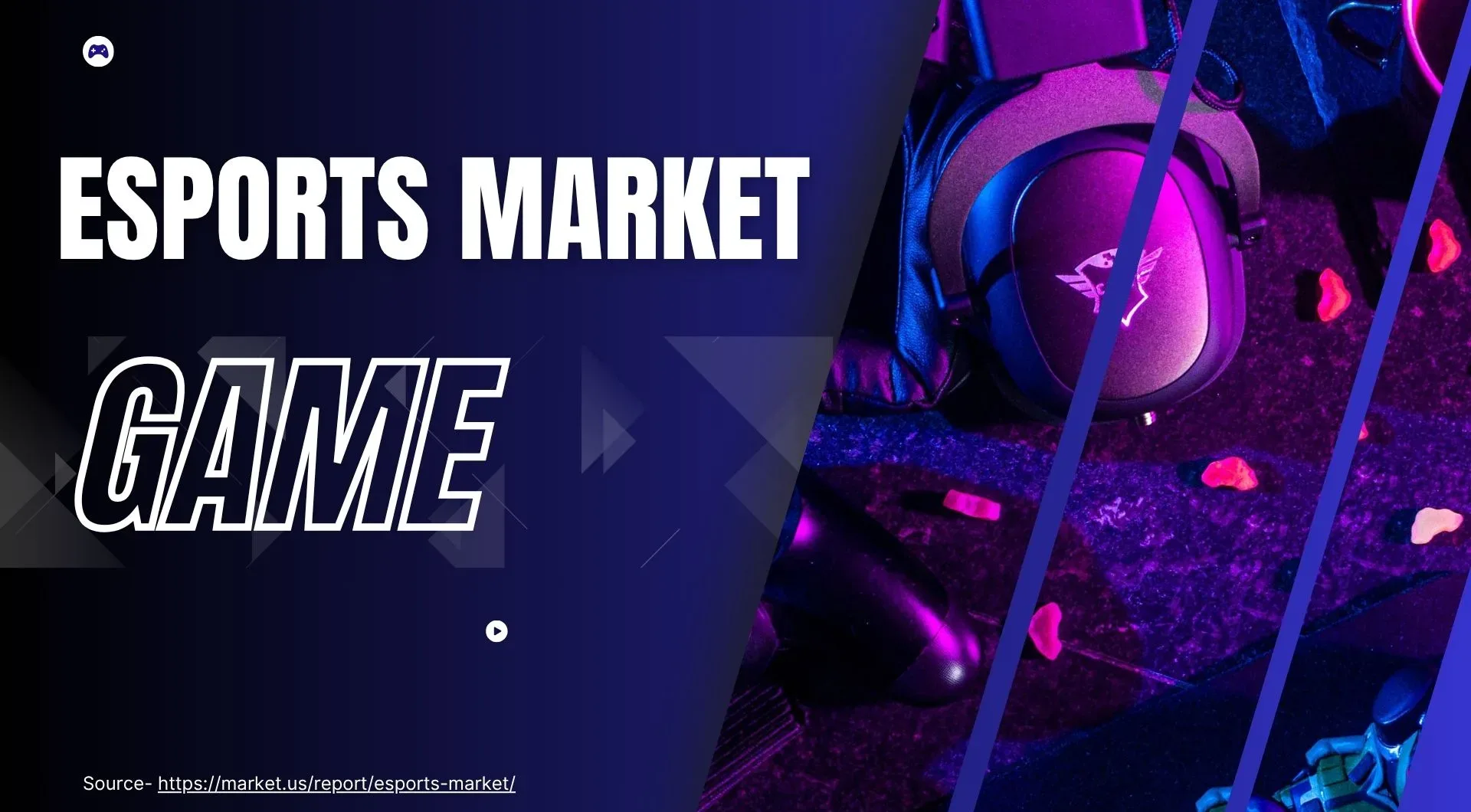As the popularity of video games continues to soar, especially among younger audiences, the gaming industry finds itself at a crossroads of responsibility. Gaming is no longer just a hobby—it’s embedded in social interactions, education, and even personal identity for countless children worldwide. With this shift, developers and businesses profiting from the industry have a responsibility to step up on safety. One of the most effective ways to do this is by implementing thoughtful, comprehensive parental controls.
While often viewed as a checkbox feature buried in settings, parental controls are far more significant. They are, in essence, the frontline defence for families managing their children’s online experiences. For developers and publishers, robust parental controls aren’t merely an ethical gesture; they’re a business imperative. As the gaming landscape diversifies, the demand for secure, controlled environments is growing, and players—along with their parents—are expecting more.
Safety as a Business Differentiator
According to Statista, 83% of teenagers in the UK are now identifying as gamers, the need for safety measures is critical. Gaming offers countless benefits, from fostering creativity to enhancing problem-solving skills, but unmonitored experiences can expose young players to inappropriate content, excessive screen time, and potential financial pitfalls within games. Parents are more aware of these risks than ever and are actively seeking games that offer straightforward, effective parental controls. In a crowded marketplace, these features can be a powerful differentiator.
Ignoring parental controls isn’t just a reputational risk; it’s a commercial one that has consequences. In the past, video games companies have had to pay fines for not implementing parental controls and collecting data from children without parental consent. All cases have underscored the legal, financial, and reputational risks companies face when they fail to adequately protect younger audiences. Parents are increasingly discerning, and games that fail to offer sufficient safeguards are more likely to be uninstalled or overlooked in favour of safer alternatives. Companies have a unique opportunity here: by incorporating comprehensive parental controls, they can build trust with consumers and position themselves as leaders in player safety.
As direct-to-consumer channels such as web shops grow in popularity, developers face a more complex regulatory environment, with frameworks like COPPA and GDPR-K shaping how we operate. Xsolla has partnered with PRIVO, a leading privacy solutions expert and FTC-approved COPPA Safe Harbor, to obtain full, verifiable parental consent. The information that’s collected for verification is stored securely and is used for no other purpose. The parental controls are designed to comply with GDPR’s requirements for children’s data privacy.
Empowering Parents, Protecting Players
Parental controls aren’t about restricting fun; they’re tools that empower parents to create healthy boundaries around their children’s gameplay. Today’s parental control features go beyond blocking inappropriate content; they allow parents to gain real-time insights into their children’s gaming habits. This level of transparency builds trust without dampening the enjoyment of the game itself, enhancing the experience for young players in a safe way.
While a few companies have taken the lead, there’s room for the entire industry to step up. As gaming technology evolves—from virtual reality to AI and beyond—so too must our approach to protecting younger audiences. Companies that invest in this now will not only protect their players but also future-proof their own success in an increasingly competitive and highly scrutinized industry.
Securing the Future of Gaming
The future of gaming is bright, promising immersive and expansive experiences. But with this growth comes a need for greater accountability. Developers and businesses that embrace robust parental controls will be best positioned to succeed as the industry continues to expand. By integrating these tools, we demonstrate our commitment to creating a responsible and enjoyable gaming landscape for all players.
Ultimately, parental controls are no longer just a tool for parents—they are essential to a sustainable gaming ecosystem. Developers and publishers who prioritize these systems will foster loyalty, build trust, and keep gaming a safe, fun space for everyone. It’s time for the industry to level up its responsibility and contribute to a secure future for all players.
Further Reading and Resources on Parental Controls
For those who want to dive deeper into the world of parental controls and digital safety, here are some essential resources. Whether you’re a developer looking to stay compliant with privacy laws or a parent aiming to guide your child’s online experiences, these references offer valuable insights into best practices, tools, and industry standards shaping safe and responsible gaming.
Here are some trusted resources to help anyone interested in learning more about parental controls, including best practices, regulatory requirements, and technological trends:
Entertainment Software Rating Board (ESRB)
www.esrb.org
The ESRB provides a comprehensive overview of parental control tools, particularly their Parental Controls Awareness Program, which educates parents on gaming safety and monitoring. It’s a good starting point for understanding the basics and includes tools and tutorials for various gaming platforms.
Family Online Safety Institute (FOSI)
www.fosi.org
FOSI is dedicated to making the online world safer for families and has a range of resources on parental controls. They offer insights on creating a safe digital environment for kids and the latest research on family safety and digital literacy.
Common Sense Media
www.commonsensemedia.org
Common Sense Media is known for its in-depth reviews of games, apps, and online tools. Their Parental Controls and Privacy Guide offers information on setting up controls across platforms, assessing the safety of games, and helping parents guide kids’ online activities.
Microsoft Family Safety
www.microsoft.com/en-us/microsoft-365/family-safety
Microsoft’s Family Safety offers step-by-step guides on setting up parental controls for Windows, Xbox, and mobile devices, focusing on screen time, spending limits, and app restrictions. It’s an excellent reference for families using Microsoft products.
Google Family Link
families.google/familylink/
Google’s Family Link helps parents set up and manage controls on Android devices, making it a great resource for families with younger children. It includes settings for screen time, content restrictions, and activity monitoring on Google Play.
Apple Screen Time and Parental Controls
support.apple.com/en-us/105121
Apple’s guide on Screen Time and parental controls offers a detailed look at managing kids’ use of iOS devices, covering screen time limits, privacy settings, and purchase restrictions. It’s ideal for parents in the Apple ecosystem.
COPPA (Children’s Online Privacy Protection Act)
www.ftc.gov/business-guidance/resources/complying-coppa-frequently-asked-questions
For developers, understanding COPPA is essential. The Federal Trade Commission (FTC) provides guidance on complying with COPPA regulations, which aim to protect children’s online privacy. It’s an excellent reference for businesses building parental controls.
UK Children’s Code (Age-Appropriate Design Code)
www.ico.org.uk/for-organisations/uk-gdpr-guidance-and-resources/childrens-information/childrens-code-guidance-and-resources/
The Information Commissioner’s Office in the UK has established the Children’s Code, which includes guidance on how online services should treat children’s data and privacy. It’s relevant for developers and businesses looking to adopt best practices for protecting children.
Games Industry Resources on Parental Controls
Sites like www.gamesIndustry.biz and www.gamedeveloper.com (previously Gamasutra) frequently publish articles on parental control features, industry trends, and regulatory updates. These sites are great for keeping up-to-date with the latest in the business side of gaming.

.jpg)






